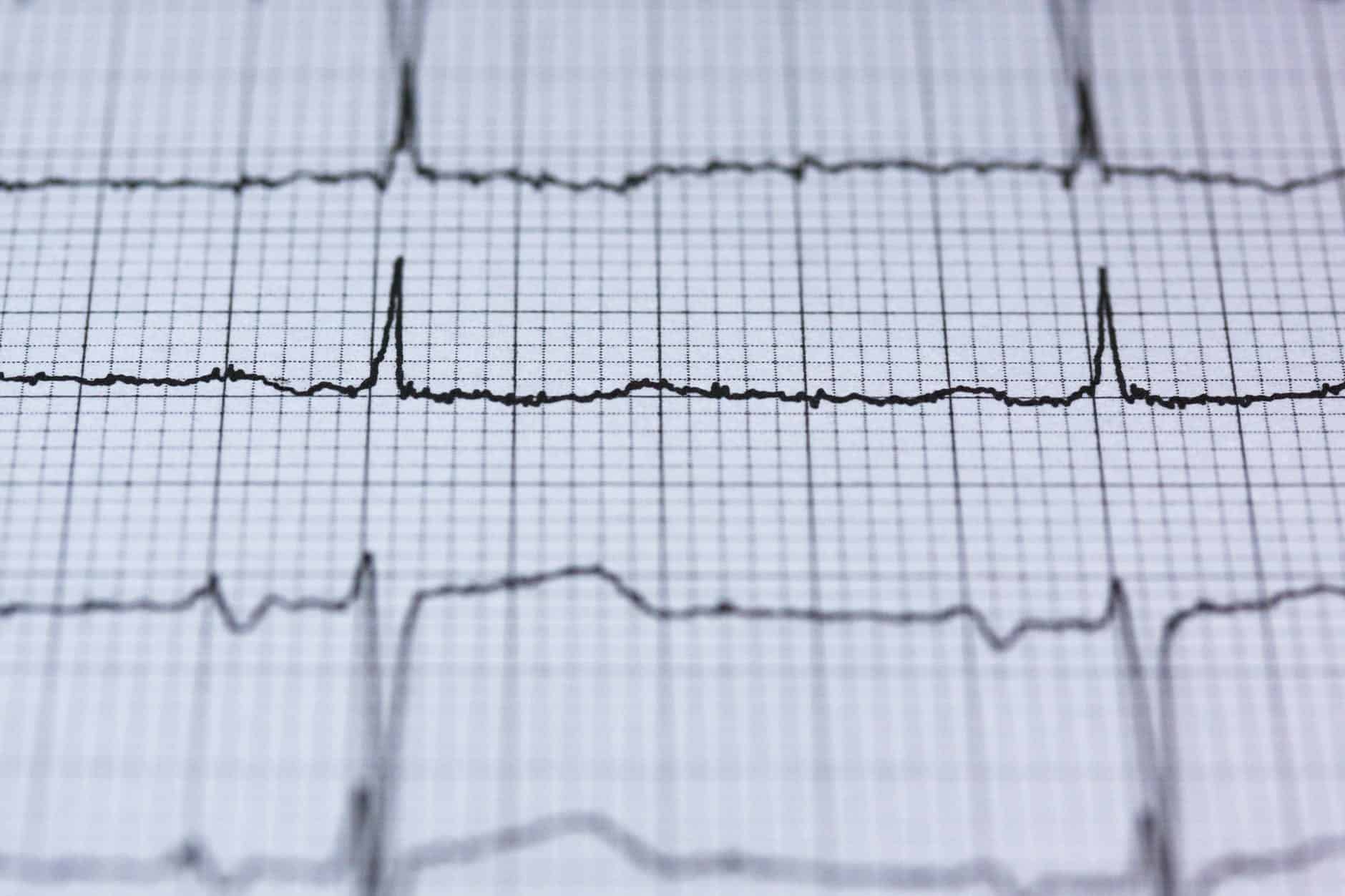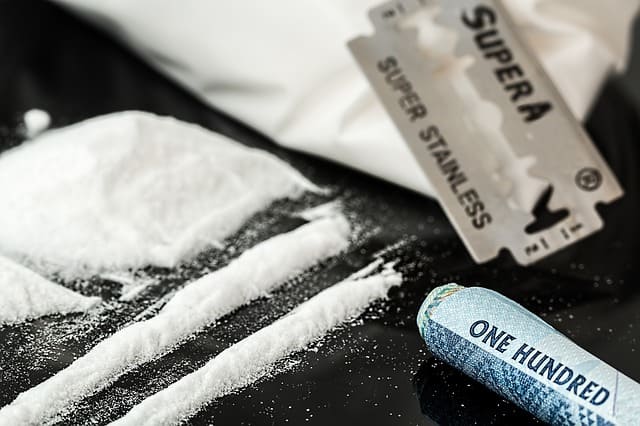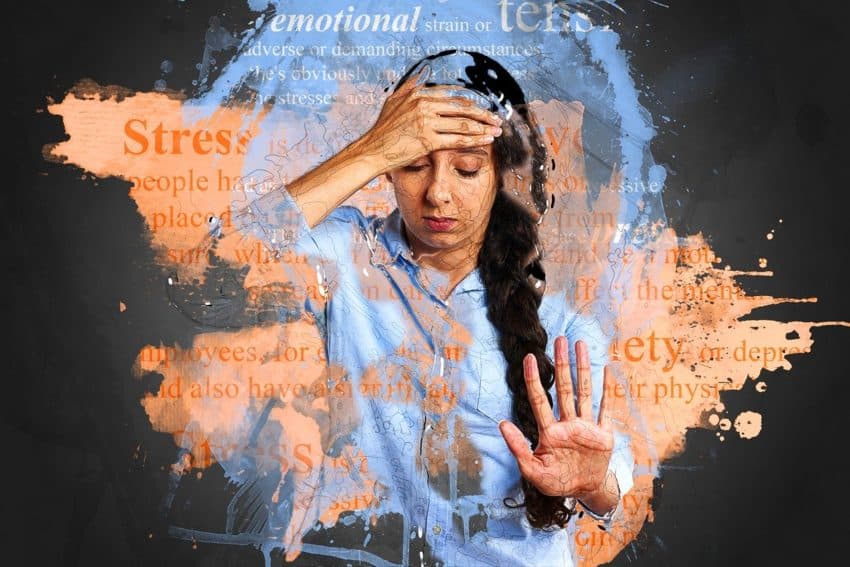
How Others Are Harmed by Your Drinking Problems
In 2019, nearly 20% of the United States suffered from excessive drinking problems. These problems also link closely to violent crimes, premature death, and injury. However, these injuries do not just affect alcoholics, but the people around them—friends and family alike. Furthermore, one in five people—or over 50 million—are affected










